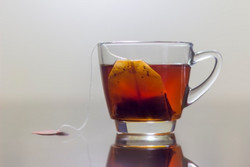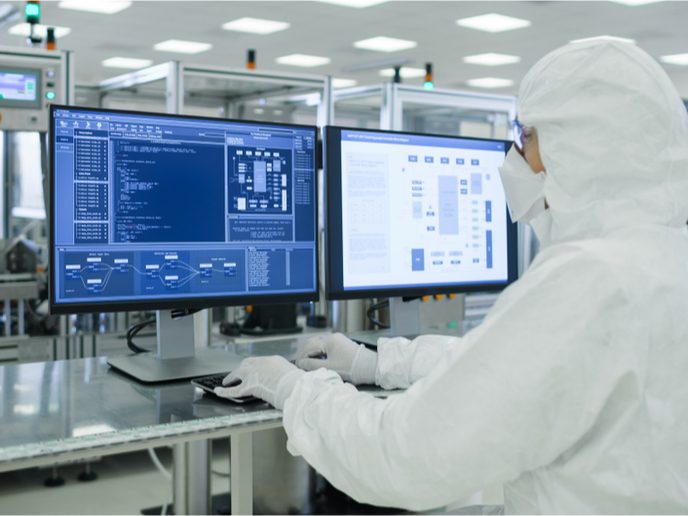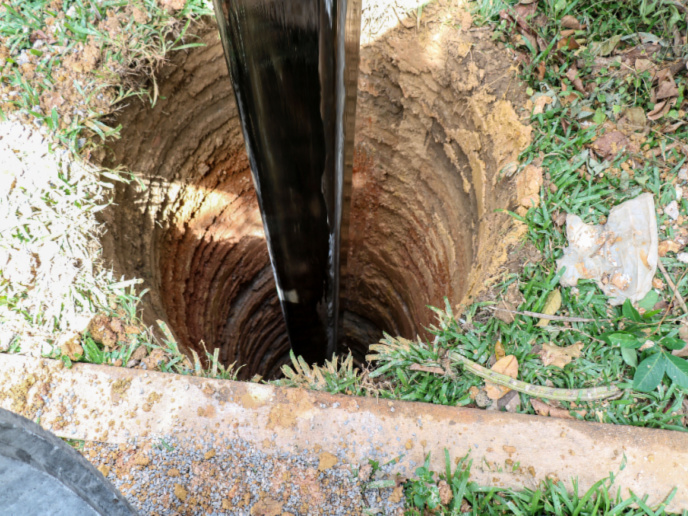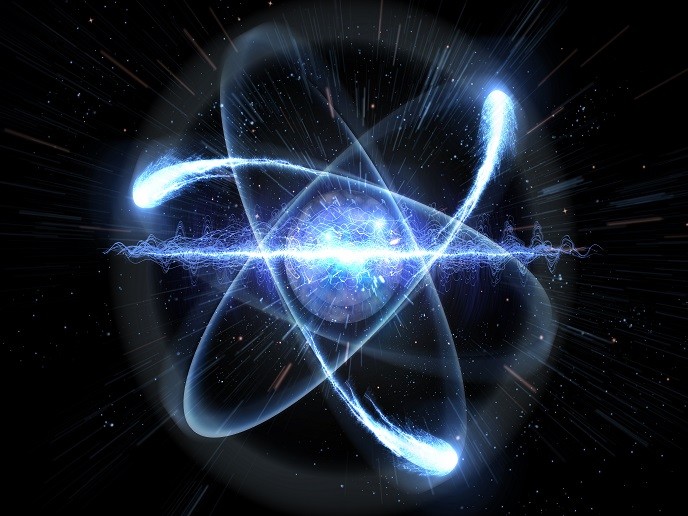New technique produces extracts from tea waste
The EU-funded PLPWETEA(opens in new window) (Value added utilization of black tea by-products using pressurized low polarity water extraction for the development of bioactive extracts) project developed techniques to recover polyphenols and saponins from tea-processing waste. The method uses a technique called pressurised low-polarity water (PLPW) extraction. Scientists used analytical and biological assays to study the chemical yield and bioactivity of black tea by-products. The researchers used this information to build and optimise a PLPW extraction system. The team designed and built a fully operational, lab-scale PLPW extractor and developed antioxidant, antibacterial and anticancer assays for the black tea samples. Based on these tests, PLPWETEA redesigned the extractor system for optimal yield and purity of chemical extracts. Researchers also used mathematical models to optimise PLPW extraction process parameters for both increased yield and potential extraction of novel bioactive products. This information will help researchers to upscale the extractor for commercial purposes. PLPWETEA has delivered a proven and sustainable method to extract commercially valuable compounds from black tea by-products and waste. The system has been successfully applied to pistachio and olive waste, demonstrating the utility of the system.







